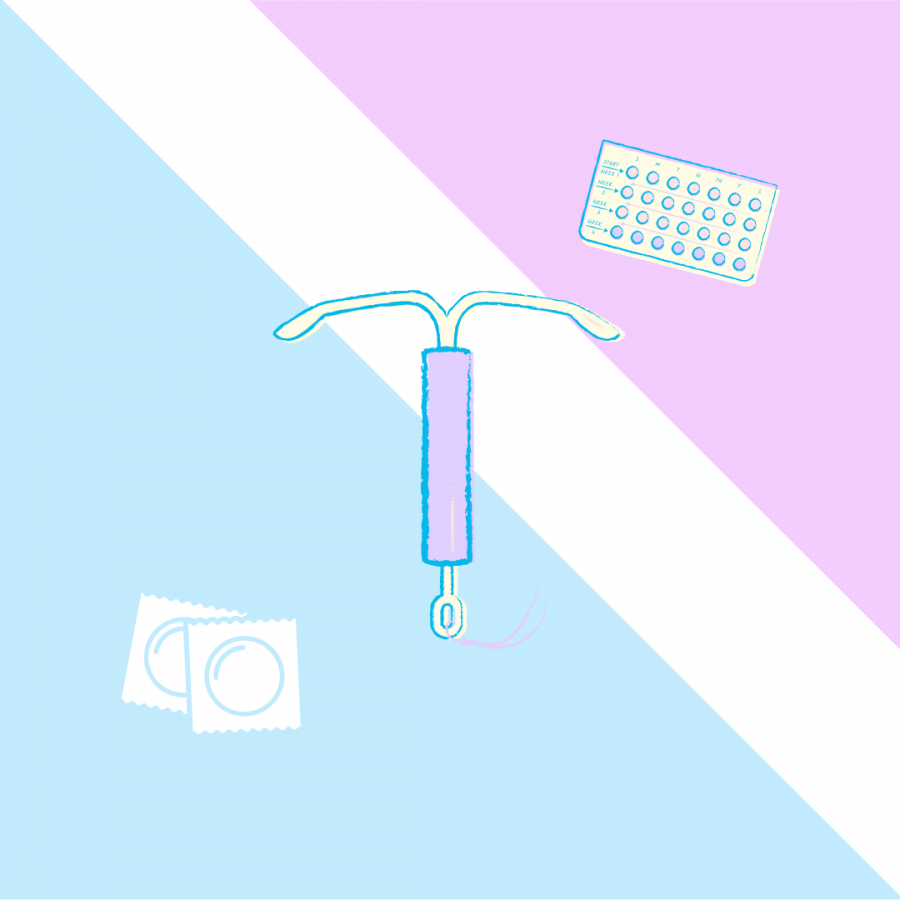Celebrating Women? Addressing Sexual and Reproductive Health is a Must
What originally started as a week has now turned into a month of reflection of the contributions women have made in American history. Held within National Women’s History month is International Women’s Day. Celebrated March 9, it is a day that recognizes the social, economic, cultural and political achievements of women globally. While it is important to reflect on everything women have accomplished, it is also essential that everyone takes the opportunity to address the ways in which women’s rights still fall short.
Gender inequality continues to be a global concern. Every day, women face issues such as domestic and sexual violence, lower pay, inadequate healthcare and a lack of access to education. One issue that continues to get swept under the rug is sexual and reproductive health.
Discussions about sex still feel taboo, despite living in the 21st century. Just seeing the word “sex” typed out on paper may make some uncomfortable. However, the reality is that sex is a natural part of life. Whether the discomfort stems from religious or political reasons, the discussion of sex is essential. The lack of discussion and education about sex is detrimental to the health of women and children, creating a global health issue that requires more attention and funding.
Perhaps a good place to begin might be addressing one of the most prevalent contributors to the poor sexual and reproductive health of women. Both a cause and consequence of gender inequality, violence against women continues to play one of the biggest roles in the ill-health of their sexual relationships and reproduction. Unfortunately, the double standard of men being praised for having sex while women are chastised creates an environment where women do not feel comfortable seeking help. Some women may even feel that the abuse they encounter is justified. A study completed by the World Health Organization (WHO) showed that over 20% of women in seven different sites thought that wife-beating is justified if a woman disobeys her husband. Five sites believed that a woman not completing daily chores is a justification for a beating.
These violent relationships can directly affect the sexual and reproductive health of a woman. Women lose their ability to make their own decisions regarding their sexual health. By not being able to advocate for contraception, women who are victims of abuse are put at a greater risk of early or unwanted pregnancy and sexually transmitted infections (STIs).
Due to women being silenced in abusive relationships and the lack of discussion surrounding abuse and sexual health, sexual health services are either completely absent in many countries or are of very poor quality. Another area in which women are affected disproportionally, unsafe sex is the second most likely risk factor for disability and death in developing countries and ninth most important in developed countries.
While there are cheap and effective contraception methods, safe abortion methods, resources to help women safely endure pregnancy and childbirth and STI prevention tools, the statistics show that sexual and reproductive health is still lacking.
Nearly 120 million couples still face an unmet need for contraceptives, 80 million women have accidental pregnancies (in which 45 end up in abortion) and more than half a million women die from pregnancy-related complications (whether it be pregnancy, childbirth or postpartum) each year. An astounding 340 million people will test positive for gonorrhea, syphilis, chlamydia or trichomonas.
During the International Conference on Population and Development (ICDP) in 1994, 179 governments gathered and called for women’s reproductive health to become a global development effort in hopes of regulating population growth and promoting sustainable development. The meeting concluded with the understanding that women’s sexual and reproductive health can only improve should high-quality sexual and reproductive health care become universal.
Theoretically, improving sexual and reproductive health across the globe should not be a difficult task considering there are contraception methods that exist today which can prevent unwanted pregnancies. There are also new technologies that make childbirth very safe and education regarding safe-sex can be provided for everyone. Yet, the burden of women’s sexual health remains.
Take for example sub-Saharan Africa, where an estimated 1,640,000 pregnant women go undiagnosed with syphilis every year. Untreated syphilis results in a stillbirth rate of 25% and perinatal mortality of about 20%. If there were an effective screening process and treatment program in the region, which is attainable if the funds were available, nearly a million deaths due to syphilis could be prevented.
Sexual and reproductive health remains one of the most neglected global health issues. Voluntary family planning, contraception education, access to contraception and access to STI testing are essential investments to create a safer, more equitable world. Access to healthy and safe sexual and reproductive health is a basic human right that women across the globe are lacking.
In a month where the achievements of women are being highlighted, everyone should also acknowledge the injustices that women endure. The injustice of a lack of sexual and reproductive health for women is something that will continue beyond this month. Although progress and change have not gone unnoticed, the battle for women’s rights across the world is ongoing and should be acknowledged every day of the year. It must continue to be part of the greater conversation when discussing the empowerment of women.
If you are interested in helping provide comprehensive sexual and reproductive health to women, girls and trans people around the world, “Global Fund for Women” is one organization to consider donating to.


